
What Is Insomnia?
Insomnia is a sleep disorder in which one is unable to fall asleep or stay asleep for as long as desired. Insomnia can be classified as primary (not caused by any other health problems) or secondary (derived from a health condition such as depression, asthma, cancer, or anything that could cause pain). Insomnia can also be classified as transient (lasts les than a week), acute (less than a month) and chronic (more than a month). Patients with insomnia generally have difficulties falling asleep, difficulties staying asleep, midnight awakenings and difficulties going back to bed; as well as early morning tiredness.
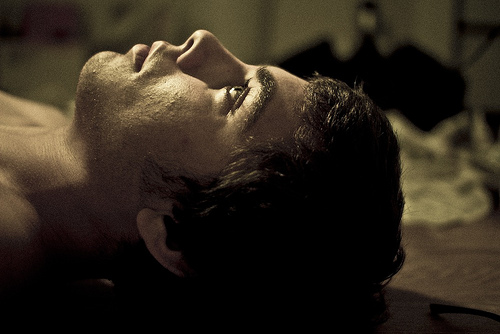
Transient Insomnia
Because transient insomnia generally lasts less than a week, this type of insomnia is more likely to be induced by modifiable factors, such as change in sleeping environment (such as when travelling overseas - jet lag), change in timing of sleep, or even change in sleeping habits. Transient insomnia could also be caused by recent stress (be it physical as a result of a disease or emotional as a result of depression for example). Transient insomnia can also occur as a result of medications. Because this type of insomnia only lasts a few days to a week, it is self-resolving and does not require medical intervention.
- Important notification about information and brand names used in this slideshow!
- Photo courtesy of Jacob Stewart by Flickr : www.flickr.com/photos/jhstewart/5960469024/
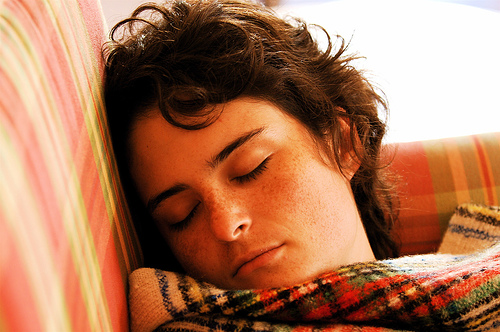
Use The Bed Only For Sleeping
Why? Because that is exactly what your bed is for! This advice goes hand in hand with the previous one, implementing your sleeping space and using your room (and furniture) for their intended purposes. The majority of people have grown into the habit of taking work to bed: completing homework, working on office documents, and even using their laptops while in bed. Undoubtedly, the reason why we tend to do that is because our bedroom (and more particularly our beds) provides us with a certain comfort that we just can't let go off. The downside is, if we keep up with these habits, we'll slowly jeopardize the serenity of our bedrooms and the comfort of our bed by turning it into an office space.
- Important notification about information and brand names used in this slideshow!
- Photo courtesy of Pedro Ribeiro Simões by Flickr : www.flickr.com/photos/pedrosimoes7/219530983/
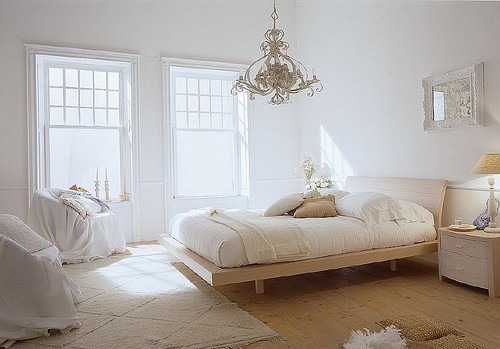
De-Clutter Your Sleeping Space
Maintaining an adequate sleeping environment is a key element in guaranteeing a good night sleep and nurturing great sleeping habits. Henceforth, is is important to take time to prepare an adequate sleeping space to ensure a sleep of good quality. Often times, our bedrooms are treated as dumpsters or storage rooms for things that do not seem to fit anywhere else in the house, and eventually the room becomes congested and overwhelmed with a myriad of unnecessary things. Unconsciously, this has a negative impact on the quality of our sleep, as it takes away the "relaxation" and "soothing" components that are generally associated with sleeping. Thus, de-cluttering your room would be a great first step in implementing your sleeping environment and achieving a great quality sleep.
- Important notification about information and brand names used in this slideshow!
- Photo courtesy of Mazzali by Flickr : www.flickr.com/photos/mazzali/2527547172/

Regular Sleep-Wake Cycle
Another important element of a great sleep is the sleep cycle. It is important to have a regular and consistent sleep cycle that will allow you to develop your sleep, both in quality and in quantity. In other words, go to bed at regular times and wake up at regular times. You could also refer to this as a "sleep routine". As your body adapts to your sleep routine, it becomes easier to balance your energy level with your daily tasks. However, if you have irregular sleep patterns, it will be difficult for your body to catch up with you. Consequently, neither your body nor your brain will function at their optimum, and this will surely be reflected in your daily behaviors (shortened memory, forgetfulness, morning tiredness, etc.)
- Important notification about information and brand names used in this slideshow!
- Photo courtesy of muctoff by Flickr : www.flickr.com/photos/muctoff/4543685861/
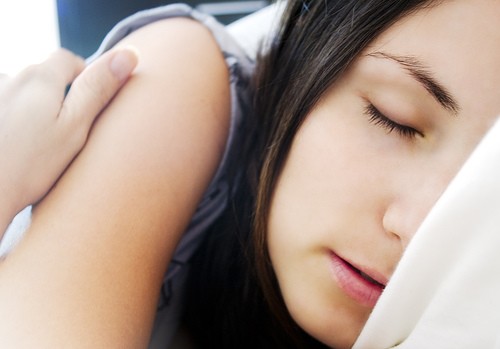
Afternoon Naps
Afternoon naps are a great way to quickly boost your energy level during the day. According to the "National Sleep Foundation", a 20-30 minutes nap in the afternoon helps to restore your alertness and does not jeopardize the quality of your night sleep. And this is quite logical: a siesta is like a system reboot. To prevent crashing, you need to shut it down and let it start anew. And as you refresh your mind, you become more aware of your surroundings. You also become more alert, which reduces the risk of mistakes made in a professional setting. So don't be burned out and take that break, because you are allowed to!
- Important notification about information and brand names used in this slideshow!
- Photo courtesy of planetchopstick by Flickr : www.flickr.com/photos/planetchopstick/497736998/
- Source 1: michaelhyatt.com/why-you-should-take-a-nap-every-day.html
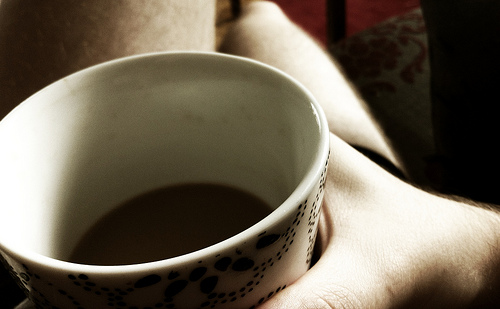
Caffeine In The Afternoon
While most of us might be used to consuming caffeine in the morning and in the afternoon for a quick power buzz, this might not be such a great idea, when you are suffering from insomnia. As caffeine is a central nervous system stimulant, it primarily works to keep you up. And because caffeine is not readily excreted from the body, its effects last considerably long. Consequently, having a cup of coffee in the afternoon might delay your ability to sleep at night. But this also depends on the time gap between your regular bed time and the time of caffeine consumption.
- Important notification about information and brand names used in this slideshow!
- Photo courtesy of Mikey Jon Holm by Flickr : www.flickr.com/photos/noejd/4893255221/
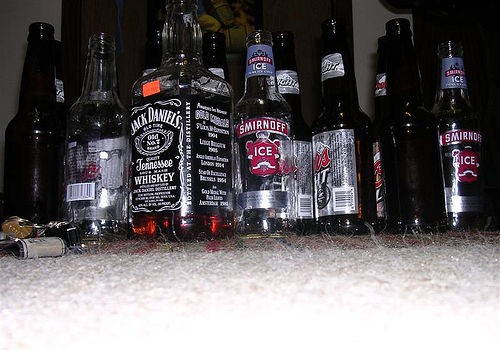
Alcohol
Although this might not always be the best option, drinking alcohol could also be a solution to put one to sleep. Alcohol acts as a central nervous system depressant. Drinking alcohol inhibits neurons, this decreasing our alertness and consciousness. This is the reason why under the influence of alcohol, people tend to do things that they would not normally do if they were conscious. Also, the brain becomes so depressed that it is difficult for the patient to form new memories, hence the reason why people tend to experience memory loss after a serious hangover.
- Important notification about information and brand names used in this slideshow!
- Photo courtesy of Brian Rosner by Flickr : www.flickr.com/photos/brosner/1332346/

Dine And Sleep!
Eating dinner also facilitates sleeping, and the heavier the dinner, the faster you will fall asleep. The reason for this occurrence is the following: as you eat, nutrients need to be digested and processed through your gastrointestinal tract. This process requires energy, and because the body is generally in a lower energy state in the evening (compared to the morning), it takes much more effort to digest your nutrients, and as the body gets physically drained, you end up falling asleep automatically. Red beans, red meat and fatty meals tend to be more difficult and fastidious to digest, and thus are more likely to put you to sleep faster.
- Important notification about information and brand names used in this slideshow!
- Photo courtesy of toyohara by Flickr : www.flickr.com/photos/toyohara/5542123297/
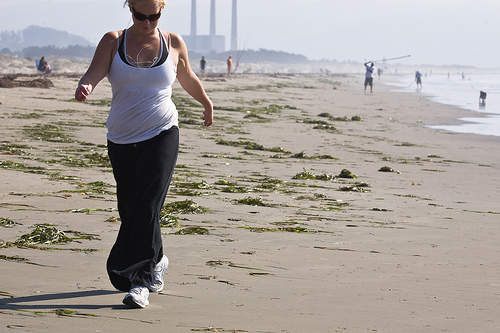
Exercise
And finally, exercise. Exercise facilitates all body functions, even sleep! Good physical exertion implements the blood flow to all organs, including the brain. With concurrent sweating, your entire body feels detoxified, blood can flow better and faster and all organs are at their optimal function. And quite frankly, there isn't one single body function that exercising doesn't help you with! And how does exercise contributes to a great sleep? That is simple: with a healthy body, comes a healthy sleep! if you want to have a great night sleep every night, you need to make sure that you keep your body in shape with regular physical exertion. So let's go, get moving!
- Important notification about information and brand names used in this slideshow!
- Photo courtesy of Mike Baird by Flickr : www.flickr.com/photos/mikebaird/2953220416/


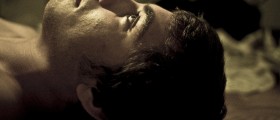



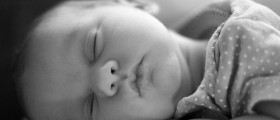
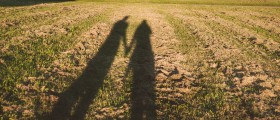
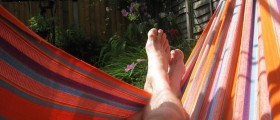
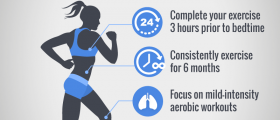



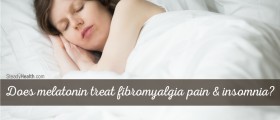
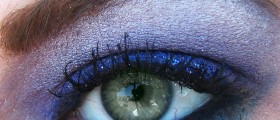


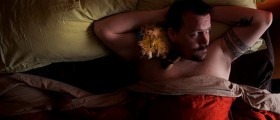
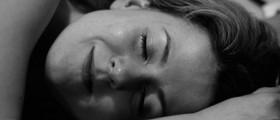
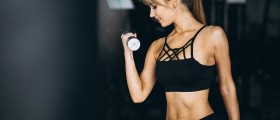





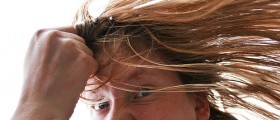

Your thoughts on this
Loading...